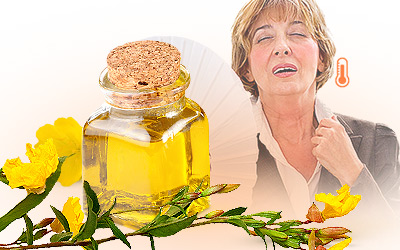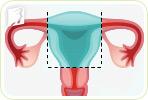
If you're going through menopause, you never know when hot flashes will strike. But while an unexpected burst of heat is merely unpleasant and inconvenient in most situations, it can be downright dangerous when you're driving. Fortunately, taking some simple steps can ensure safe driving throughout menopause. Follow these tips for managing your hot flashes on the road.
Don't Panic
When you're driving — especially if you're in busy rush hour traffic — you might feel trapped or at the very least, unable to step out easily for fresh air. That's why if you feel a hot flash coming on the road, your first instinct might be to panic. Don't. Take a deep breath, observe your surroundings, and realize you're going to be okay. After all, if you're going through menopause, chances are you've been through hot flashes before. You know what to expect.
Find a Safe Spot to Pull Over
Since driving is such a habitual, everyday occurrence, it is easy to forget how dangerous sudden stops in a car can be. If you feel a hot flash coming on, turn your blinkers on, get to the side of the road and find the first safe place to stop until the episode subsides.
Open a Window
If pulling over isn't possible, be sure to open a window to help yourself cool off. It is the next best thing to stepping outside. If your vehicle has air conditioning, turn it up and allow the cool air to blow onto your face. You'll likely feel some immediate relief.
Pack a Cool Drink

If hot flashes are a common occurrence, it's best to be prepared. Pack a thermos filled with ice water or another cool drink, and keep it beside you in a cup holder. You'll thank yourself later. There's nothing better to have on hand when you're suffering a hot flash.
Following these tips can help you when you're in a fix, but if hot flashes are a common problem, you may want to talk to a medical professional about your treatment options. Simple lifestyle changes like exercising more and introducing healthier foods into your diet may be all you need, but sometimes herbal supplements or medications like short-term hormone replacement therapy (HRT) are the treatment.
Click on the following link to learn more about how to treat hot flashes effectively.
Sources
- Boston Women's Collective. "Hot Flashes, Night Sweats, and Sleep Disturbances." Our Bodies, Ourselves, 2006.
- The National Institute of Health.(n.d). "Signs of the Menopausal Transition." Retrieved from www.nih.gov
- Von Muhlen, DG., et al. "A community-based study of menopause symptoms and estrogen replacement in older women." Maturitas. Sept 1995; 22(2): 71-8.



